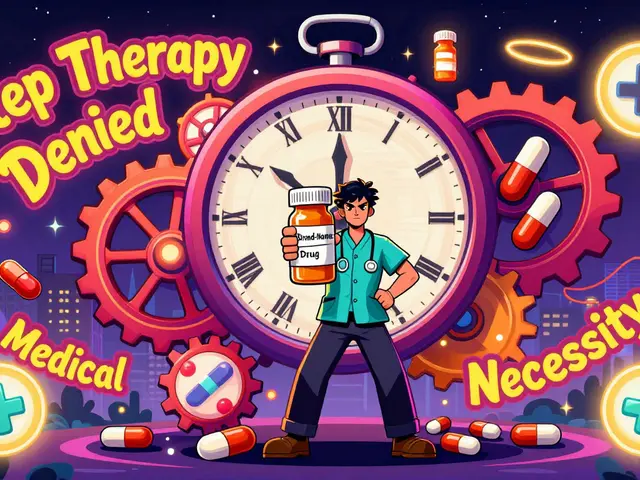Travel Health & Meds: Practical Tips for Safe Medication on the Road
Running out of a prescription while traveling is stressful — and avoidable. This page gives simple, usable advice on packing meds, dealing with customs and controlled drugs, finding safe online pharmacies from abroad, and what to do if you need a replacement quickly. No fluff, just the steps you can use today.
Before you go
Start by making a short checklist. Bring at least two weeks extra of any essential medicine. Keep meds in original containers with your name and the prescribing doctor’s info. Print a copy of your prescription and a basic medical summary that lists drug names (generic and brand), dosages, and known allergies. For controlled meds like diazepam or opioid painkillers, check the destination country’s rules — some places require prior approval or an official import permit.
Temperature matters. Some drugs (insulin, certain liquid antibiotics) need refrigeration or steady cool temps. Pack those in a travel cooler or insulated bag with gel packs. For pills, avoid baggage holds if you can — keep meds in your carry-on so they aren’t exposed to extreme heat or lost with checked luggage.
If you’re traveling long-term, arrange refills before you leave and ask your doctor about longer prescriptions. If you need vaccines or travel-specific meds (malaria prevention, travel diarrhea antibiotics), get them weeks ahead so they take effect. Buy trusted travel insurance that covers prescription replacement and telemedicine consults — it pays off fast if you lose meds or need a local script.
On the road & if you run out
If you run low, don’t panic. First option: contact your regular doctor for an electronic prescription sent to a pharmacy near your location. Many countries accept emailed or faxed prescriptions. Use telehealth services if you can’t reach your doctor. Second option: find a reputable local pharmacy — look for a physical shop with a pharmacist on duty, not street sellers.
When tempted to buy meds online while traveling, stick to well-known, licensed online pharmacies that request a prescription. Avoid sites offering controlled drugs without a prescription. If you must use an international pharmacy, check reviews, verify a real business address, and confirm secure payment and clear shipping timelines. Beware of counterfeit meds — packaging that looks wrong or pills that crumble and smell odd are red flags.
Keep safety simple: carry a list of emergency contacts and your insurance details, store a small first-aid kit, and know where the nearest hospital or major pharmacy is at each stop. If you take meds for chronic conditions, schedule your trip around medication availability and bring a doctor’s note translated into the local language if possible.
Travel should be about enjoyment, not worrying about prescriptions. With a little planning — backups, clear documents, and safe pharmacy choices — you’ll stay healthy and focused on the trip ahead.
Comfortable Traveling Tips During Menopause
Traveling during menopause can present unique challenges. Learn practical tips for staying comfortable on the go, from packing smartly to managing symptoms like hot flashes and fatigue. Discover how to enjoy your journey without compromising your comfort.





